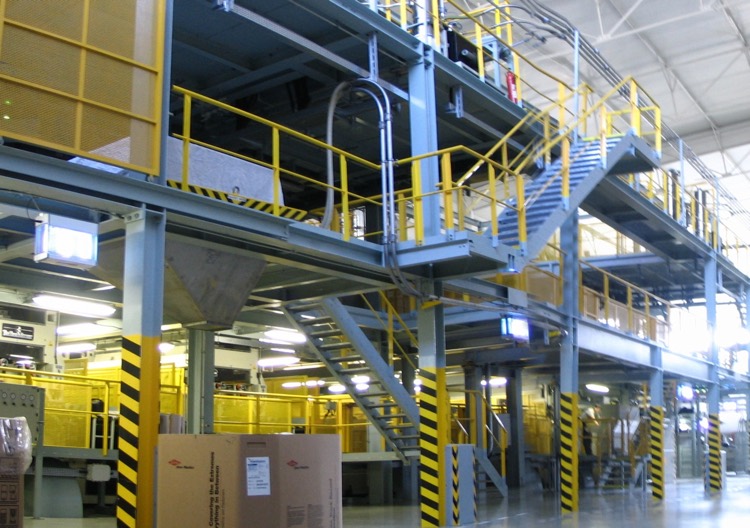BRUSSELS – PFNonwovens (PFN) has high hopes for a new bio-assimilation technology that promises to enable the customised functional life of its nonwovens, followed by accelerated degradation after product disposal.
The company is working on the technology with Smart Plastic Technologies of Buffalo Grove, Illinois, explained Karthik Ramaratnam, PFN’s North American director of product development, at the EDANA Circular Nonwovens Forum held in Brussels on September 22nd.
“Hygiene products are predominantly polyolefin based with currently no clear circular solution,” he said. “This process could make polyolefins industrially compostable, with the anticipated end product being just biomass, water and only small amounts of CO2.”
PFN was established in 2018 through the merger of Pegas and First Quality Nonwovens and is owned by owned by R2G, a Czech family investment group.
Bico leader
Headquartered in Prague, it has 20 production lines at plants in the USA, Czech Republic, Egypt and South Africa, with over 1,000 employees. A leader in hygiene and medical nonwovens, it is the largest bicomponent spunmelt supplier in the world, with a combination of assets with proprietary technologies to supply consumer-preferred ultra-high loft, soft and textured nonwovens.
The company’s sustainable strategies to date include recycling and introducing a range of bio-based solutions from a combination of partial to 100% bio-sourced and mass-balanced approaches to reduce CO2 footprint. It has also introduced solutions to do more with less by downgauging products and increasing loft, while providing materials produced with 100% green energy and waste/energy/water reduction programmes.
With Smart Plastic Technologies, however, it is exploring options to accelerate degradation of nonwovens post-use, with Sptek Eclipse bio-assimilation technology, which is already being commercially integrated into plastic products such stretch films and straws. This masterbatch additive package does not affect material recyclability and is based on FDA approved chemistry. It contains an attractant to lure microorganisms which breaks the polypropylene down in six months under ideal conditions, and between one and five years under non-ideal conditions.
Free radicals
“The polypropylene stays intact for its designed functional life, protected by a stabilizer,” Ramaratnam said. “In the post-life bio-assimilation process, a catalyst creates free radicals to cleave the polymer backbone and the polymer gets broken up into smaller molecules. When small enough, microbes absorb and use these molecules as a food source. The microbes only release a small amount as CO2 and H2O.”
Critical validation steps have included demonstration on a high-speed nonwoven production platform showing minimal impact on nonwoven performance and an exploration of both thermal and chemical degradation.
Terrestrial, anaerobic and marine bio-assimilation tests are currently in progress with results anticipated by the second quarter of 2023.
“The successful demonstration and validation of bio-assimilation under aerobic and anaerobic conditions is critical to future commercialisation plans,” said Ramaratnam. “Compelling evidence of the polypropylene degradation has been observed via accelerated aging and tests have already begun to demonstrate microbial activity, with independent third party lab validation of results.
